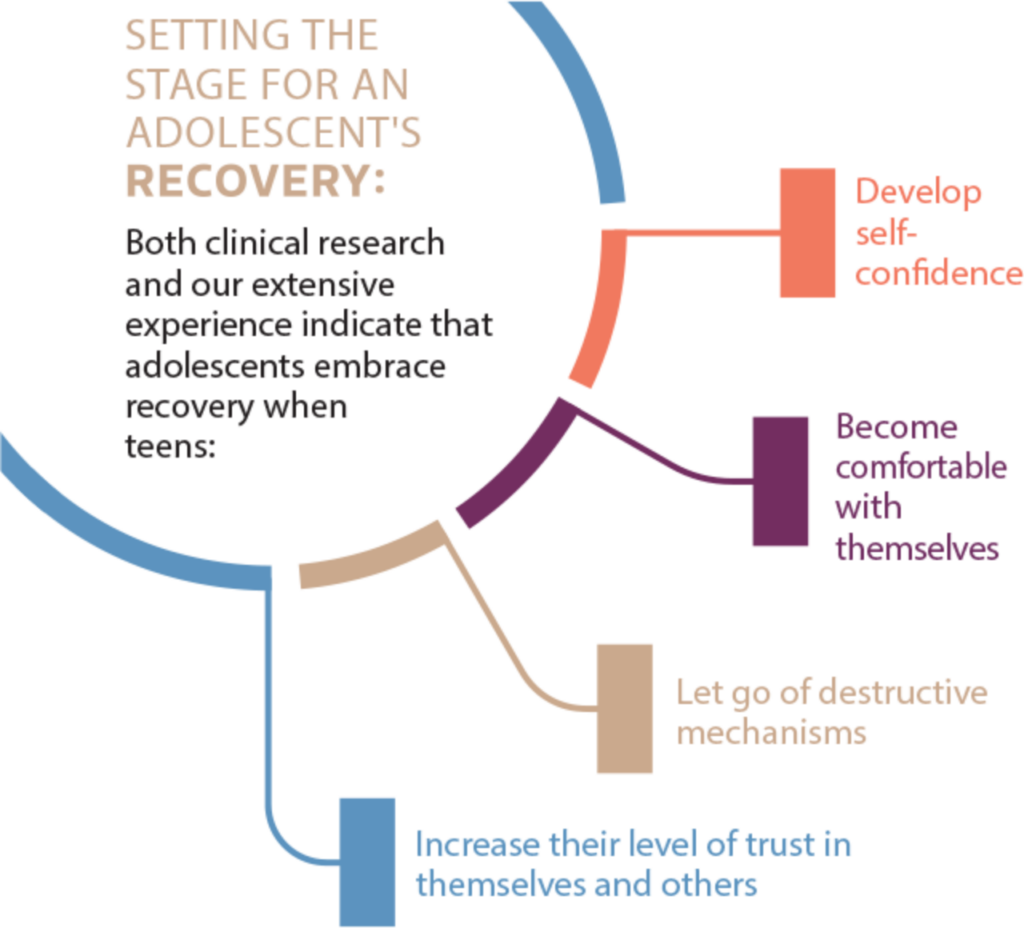Achieving and maintaining sobriety
Educating adolescents and their families about the value of exercise in achieving and sustaining emotional balance.
Developing and practicing all elements of a healthy lifestyle
Effective stress management strategies
Creating and implementing a personalized relapse prevention program


The SOARFIT model was designed to help reduce internal conflict and create personal harmony and recovery. It integrates the body and its energy, the mind and the spirit with awareness. The program goal, to reduce external distraction and increase communication with self.
By challenging the body, as well as the mind and spirit, in a positive and rewarding environment, participants will discover that achieving and maintaining sobriety is desirable and possible.

Telehealth technology represents a unique opportunity to help reduce the drug epidemic and increase our ability to help serve those in need. Not only have patients expressed interest in using telehealth during the course of their treatment, but we have utilized telehealth in order to help keep participants safe and offer all of our services to a wide range of people who are unable to attend due to medical, geographic, or physical limitations.